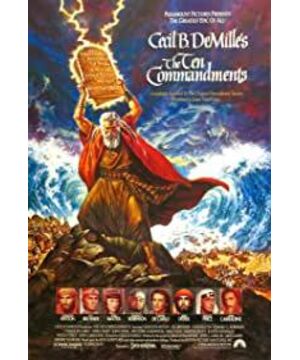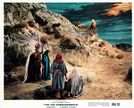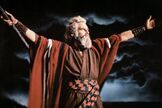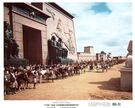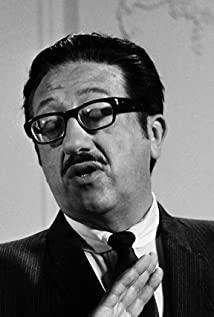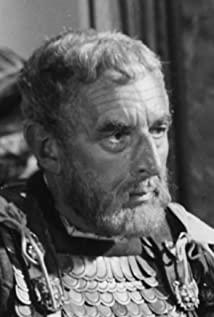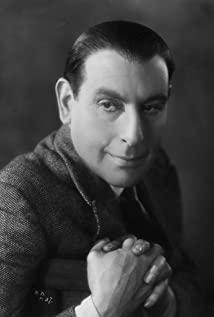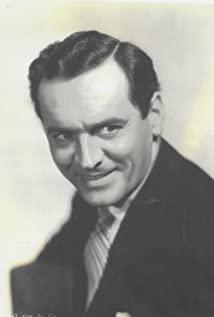The Pharaoh who betrayed him,
abandoned his adoptive mother because of his unfaithfulness, because of unfilial piety, (the biological mother was quite indirectly killed),
gave up his lover, because of unloving.
Even so, he still insisted on his beliefs.
I like some of the scenes in the first half the most. When Moses asked the slaves to open the warehouse for food, the madness and joy made people feel desperate. Did the slaves really desire freedom? If they can eat and wear well, they won’t have That kind of piercing desire for freedom is gone.
I like Pharaoh's daughter, and her rivalry with Rameses is impressive. Her personality is so bright and her love is so real. Her pursuit of equality and freedom does not need to be worse than anyone in the film.
Pharaoh's sister, Moses' adoptive mother, committed two sins of greed and deception. Greed is not part of her mother-child relationship, but deceived her relatives and the world. The lines of her and Moses's biological mother against each other are also shocking.
Rameses, Moses' younger brother, he just had bad luck, and his character can become a top pharaoh in a different era.
Pharaoh, the scene of the confrontation between the king and Moses is touching. He was first the king of Egypt, and then an old man. He loved Moses and loved him like a son, but his presence like a son broke his heart. What he carried was the glory and responsibility of the Egyptian royal family, no less than the oracle that Moses carried.
In the end, it was Moses. This man finally became a god. After abandoning family affection and love, he achieved his own career, which is supported by his own beliefs, and there is no lack of circumstances to help fuel the flames, but the process is complicated and humiliating, probably only true Letting go of all personal affair, can you achieve great love. He chose his position from the time he chose to believe that he was a Hebrew. He may regret but has nowhere to go. When he was struggling in the desert, he had given up his trust in God, but he realized that he could also Become a god, when one's faith is recognized by more people, especially those people who long for freedom and food and clothing.
Struggle, fragility, but toughness, this is the nature of human beings. The film reveals a little bit of personal heroism in the United States, but the freedom and liberation of people is even more fascinating.
I cried, not because I feel the misery of slaves, but because people have to give up other good things for some things. Nothing is perfect. You must be born with constant struggle to be fair to others and yourself? How much help is needed for the weak, and does great achievement require greater sacrifice in exchange for it?
Okay, I'm a bit sentimental, but the lines are really too powerful. I like this style of acting, which is very contagious.
Rameses is very handsome, Lilia is very beautiful, Pharaoh’s daughter is very charming, Joshua is very cute and cute (I like him the most), Pharaoh plays the best, Moses is very courageous, um, and very pitiful, What a hapless stubborn baby. There is an uncle villain who played well, that is, the uncle WS who snatched Lilia. He played really badly. I like it.
View more about The Ten Commandments reviews


